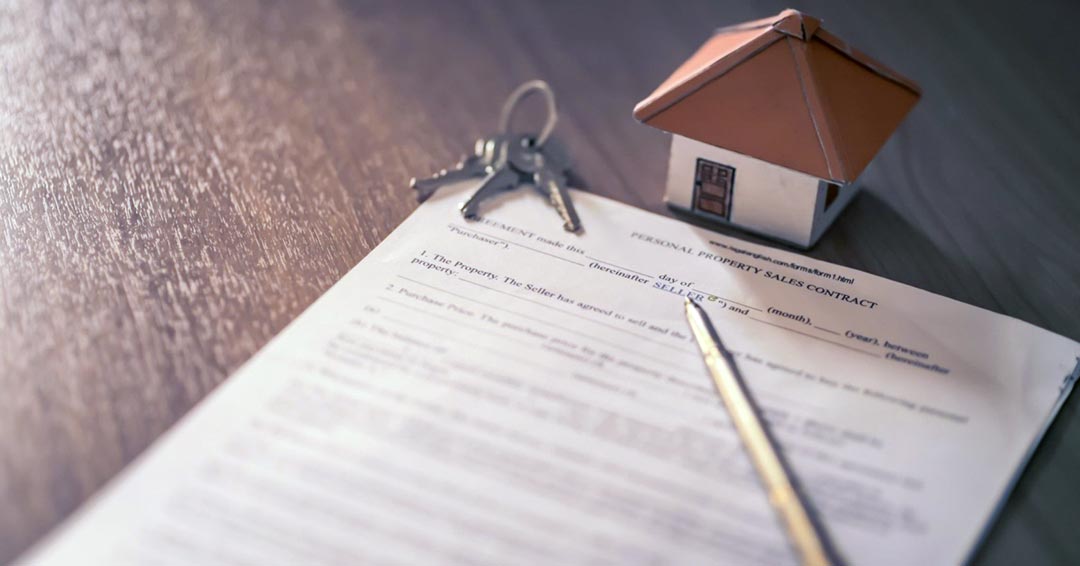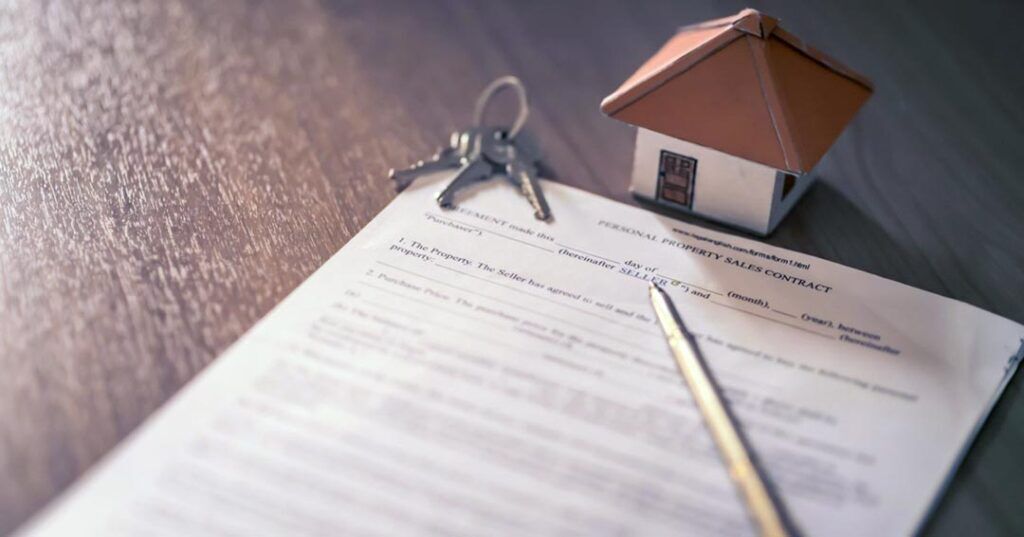Having a house of your own is a dream come true for every individual. There is a whole set of rules and regulations that needs to be followed up while purchasing land. The laws that need to be abided by for the procedure vary from country to country as per according to the norms, culture, and other customs, etc. When a foreigner wants to buy land in Thailand, he undergoes a set of custom duties, laws, and other taxes that are a must to be paid. Registering your Thai property is very much intricate and many things are involved in it.
Land Department
In Thailand, when the transactions of any kind which are related to the real estate along with the issuing of the title deeds and all the land topography matters need to be handled, a department is given the job to do so. The land department is the one that handles such matters.
The land department is essentially there to regulate many laws like The Land Code; The Land Development Act; The Act on Leases of Immovable Properties for Commerce and Industry Purposes; The Condominium Act; and The Private Surveyors Act.
These offices are the hub for the dealing of all the major acts involved in the transfer of property, the documentation process and the ownership transference to the buyer, etc.
Documentation required for the Transfer
Along with the other legalities involved inland transport, the main documents that are demanded are:
- ID cards
- Land Title Deed
- House Book (Tabien Baan)
- Building Permit
Tabien Baan is a document that shows the house address and the registration of the resident.
Land possession for Foreigners
The rules for foreigners to apply for a house in Thailand is not allowed in the first place (until there is an exception). The Land Code Act is the one that commemorates the matter. The foreigners are not prohibited to buy a constructed land or a condominium (which must be registered under the Condominium Act).
To avoid all the hustle, people mostly prefer leasing the land. But in Thailand, a lease for only 30 years is allowed which may or may not be liked by the buyer as the investment of such kind is not fruitful enough. As in many other Asian countries, the lease is granted up to 99 years.
Taxes paid while purchasing Land
There are many sorts of taxes that one must need to pay before the ownership of the land in Thailand:
Transferring Fee: 2% of the registered value of the property; paid at the Land Office on the day of transfer of ownership.
Stamp duty: .5% of the appraised value of the property or the purchasing price, depending on which is at the peak.
Specific Business Tax (SBT): 3.3% of the appraised or actual price of the property, whichever is higher; imposed only if the property is transferred less than five years after its purchase (If the SBT is levied, stamp duty will not have to be paid).
The Transfer Fee is paid by the Buyer and the Stamp Duty and the SBT are handled by the Seller.
Exceptions for the Foreigners
Although the ownership of land in Thailand is much difficult for outsiders, some exceptions are being observed by the Government that might help out the buyers in the purchasing. The limit of 1600 square meters is there for the land which is quite not enough for a family but is suitable for a couple to build a house of their own.
But to get to that point, there is a whole set of rules that needs to be observed before getting to the endpoint.
Land Code – Section 96 is there to be followed up by the foreigners to get the land.

The 5-Step Process
There are certain things that if one person follows up, he/she might be able to get a land of their desire.
- Permission of the Minister of the Interior is required up for the start of the procedure.
- An investment of 40 million Baht (US$1.3million) in government bonds for 5 years
- A letter from the Thai Military confirms zero presence of any bases near the property.
- A letter from the local authority showing that the land is in a distinct housing zone.
- The location of the place must be provided to the department in the form of a map.
The investment of such kind might invite a sort of financial concern for the purchaser as the amount is huge and the risk is always there. The government wants the investment of the money in the bonds by the outsiders that help in the boosting of the economy and also benefits the country. The period of 5 years is an obligation and one cannot withdraw the money before the time lap. If the investment is withdrawn at any time, the ownership process will be ceased and all the efforts will go in waste and the Director-General of the Land Department will be in full command to sell the land.
Looking at all the facts elaborated above, it is of a point of consideration for the buyers who are interested in purchasing the land there. The investment is above the U.S. $1 Million and the amount of such kind can be invested in somewhere else where it can be valued more and a lot of more benefits can be enjoyed. Bounding the money for such a risky task, the person might want to get a legal consultancy from a suitable law firm or a local adviser.
Consulting a Thailand Property lawyer
Land purchasing and property transfer is an intricate process that requires a lot of information regarding all the important legal and non-legal facts. A whole round of research must be done before plunging into this ground. Land possession is not a thing which one does every day as these decisions are for a lifetime. So, therefore one should be very keen and devoted wholeheartedly to the process.
Siam Legal is a law firm that offers various services that are designed to protect the rights and interests of foreigners wishing to acquire or buy property in Thailand. Our firm offers a wide array of property-related services to best suit our foreign and Thai clients’ property needs. Should you have any property questions or issues that need to be addressed, our team of Thailand property lawyers invite you to contact us through the link below:




































